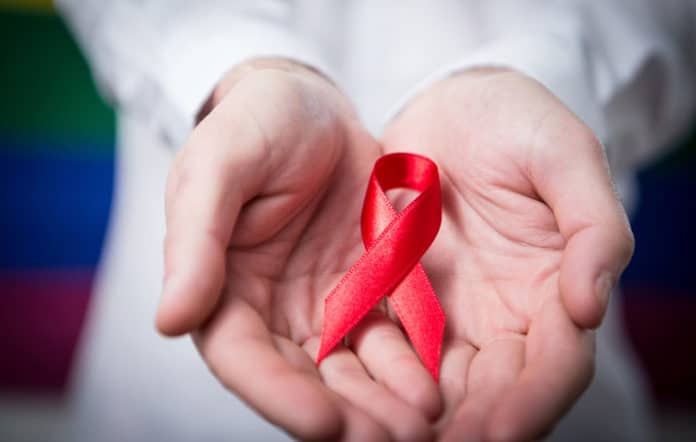HIV infection remains a risk factor for hospitalization with influenza-related illness, particularly in older people living with HIV infection despite successful antiretroviral therapy (ART).
People with HIV have an impaired immune system and may be at higher risk of serious illness from flu. Thus, they are recommended to receive a yearly influenza vaccine, but efficacy is suboptimal.
Scientists found that the flu vaccine triggered effective immune responses in people living with HIV who were taking ART and in whom HIV was entirely suppressed.
Dr. Katrina Pollock, from the Department of Infectious Disease at Imperial, said, “The current recommendation is for people at risk of serious illness from flu, including people living with HIV, to receive a vaccine containing four influenza strains to protect them from seasonal flu.”
“Some studies indicate that vaccine-induced immunity may be impaired in people living with HIV. There has been a lack of data showing whether effective HIV suppression with modern antiretroviral therapy can fully restore vaccine-induced immunity.”
“Our study shows equivalent flu vaccine responses in people living with HIV and in healthcare workers and indicates that restoration of vaccine-induced immunity is possible. This supports universal access to antiretroviral therapy for people who test positive for HIV and provides evidence underpinning the guidance for seasonal flu vaccination in people living with HIV.”
In the UK, the British HIV Association suggests that people living with HIV ought to be offered a vaccine containing four different types of flu virus – a quadrivalent vaccine of two A-strains and two B-strains.
The study, also known as the FluAGE study, compared reactions to this four-strain vaccine among men with HIV taking ART with those of healthcare workers throughout the winter of 2017-18.
Scientists then studied the immune responses that help shield from flu and pinpointed precisely the kinds of cells that were responding.
They found that the response was very similar in the people with entirely suppressed HIV on ART and the control subjects. Using a method developed at Public Health England with Dr. Katja Hoschler, gum-line samples, which were collected by participants themselves, were used to show that flu vaccine responses could be measured from the mouth as a potential alternative to blood testing.
Ms. Megan Cole, the first author of the study, also from the Department of Infectious Disease, said: “It’s been exciting to be part of this research and to conclude it with the positive outcome in terms of the restoration of vaccine-induced immunity in people living with HIV. This is why I find science so rewarding. Thank you to the team and participants who have made this study a success.”
